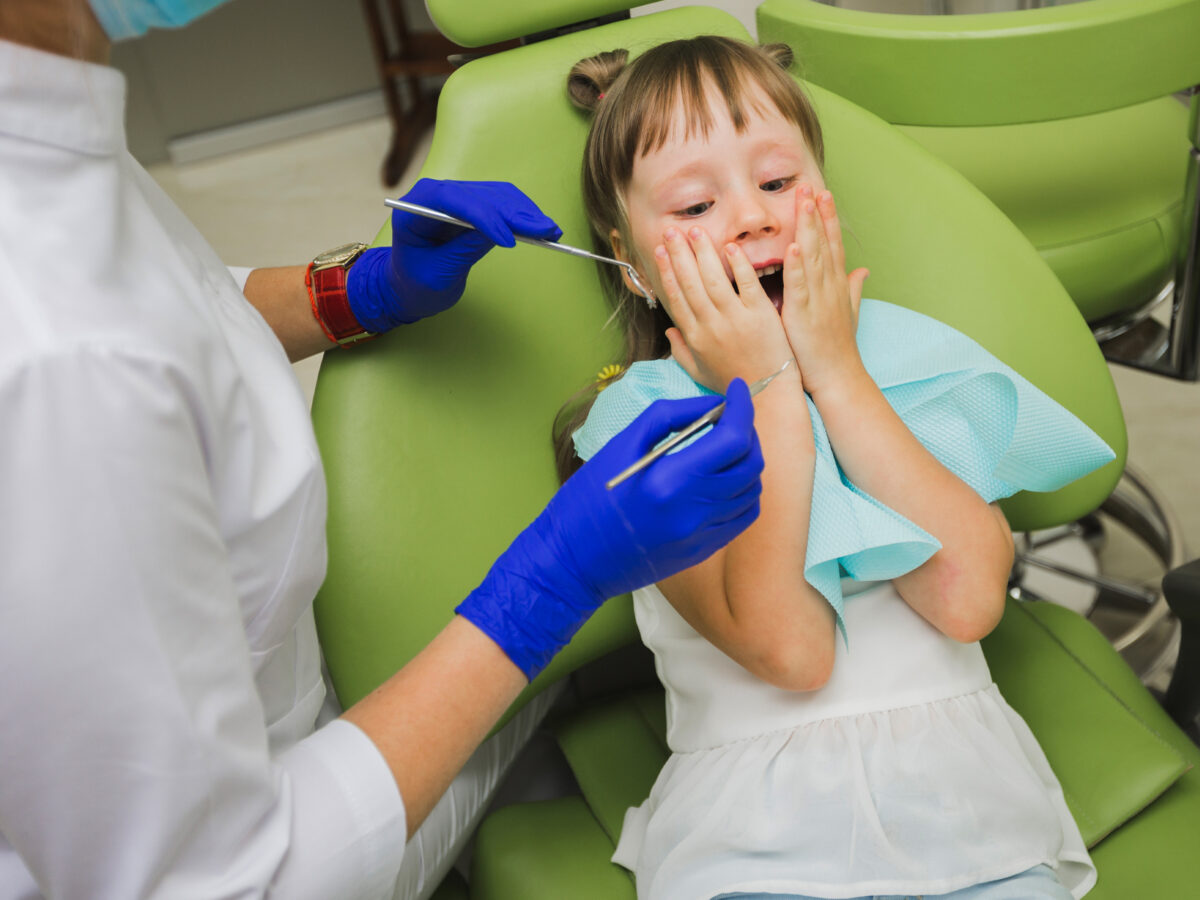Blog
Dental hygiene tips for healthy teeth & gums

5 Ways To Reduce Early Tooth Decay In Toddlers
Baby teeth, or primary teeth, are crucial to your child’s future oral health and general well-being. Early tooth decay, also known as childhood cavities, is a typical concern for parents of toddlers. Although cavities can be prevented, they pose a serious threat to your child’s teeth and gums. This post will discuss five proven strategies for teaching infants to care for their teeth and prevent cavities.
- Promote a Diet Rich in Nutrients:
Toddlers’ overall health, especially their teeth, depends on a healthy diet. Encouraging your child to consume a wide variety of nutritious foods is essential. A diet high in fiber from whole foods like fruits and vegetables benefits overall health and can even assist in cleaning teeth. Calcium, abundant in dairy products like cheese and yogurt, helps maintain healthy tooth enamel.
- Maintain Oral Hygiene:
The second step in preventing tooth decay is establishing a regular, systematic oral hygiene routine. Begin by wiping your child’s gums with a damp towel before their first tooth appears. Once the first tooth emerges, use a small, soft-bristled toothbrush and a speck of fluoride toothpaste about the size of a grain of rice.
Brush your child’s teeth twice daily, ideally after breakfast and before bedtime. Consider using a timer or playing catchy music to encourage them to brush for a full two minutes. Additionally, start flossing between the teeth at the gum line to remove food and plaque that can become trapped there. These habits contribute to good oral health and cleanliness.
- Say No To Sugar:
Sugary foods and drinks are a major contributor to dental disease in toddlers, so limiting their consumption is crucial. The carbohydrates in these products feed the harmful bacteria already present in the mouth, which then produce acids that erode tooth enamel. To reduce the risk of tooth decay,
Consume candies, cookies, and sugary cereals in moderation. Reserve them for special occasions and avoid daily indulgence.
Sugary drinks like soda, fruit juice, and sports drinks should be avoided altogether. These beverages often contain hidden sugars that can contribute to tooth decay.
- Professional Guidance and Regular Dental Examinations:
Preventing tooth decay in your toddler at an early age necessitates regular dental checkups. Schedule appointments around your child’s first birthday or no later than six months after the appearance of their first tooth. Regular checkups enable dentists to identify and address developing dental issues at their earliest stages.
Your child’s dentist can provide guidance on proper brushing techniques, fluoride application, and dietary recommendations for promoting healthy teeth and gums during these visits. Dental sealants, a thin protective coating applied by a dentist to the chewing surfaces of the back teeth, can prevent decay by preventing food and bacteria from becoming trapped in the deep grooves.
- Limit Bottle and Pacifier Use:
Avoid giving your child a bottle of milk or juice right before bedtime, and do not allow them to sleep with one. Baby bottle tooth decay occurs when teeth are exposed to these liquids over an extended period. If your child needs a drink before bed, provide them with water instead.
While pacifiers may soothe infants, gradually weaning your child from them as they grow is crucial. Extended pacifier use can lead to misaligned teeth and other dental issues. It is advisable to discontinue pacifier use by age 2 or earlier if recommended by a pediatric dentist.
Conclusion:
Preventing cavities in young children is essential for their future oral health and overall well-being. Key factors in preventing childhood cavities include early dental care, promoting a balanced diet, and establishing good oral hygiene practices. To further safeguard your child’s oral health, limit their use of bottles and sippy cups, and ensure they receive regular dental checkups and fluoride treatments.


